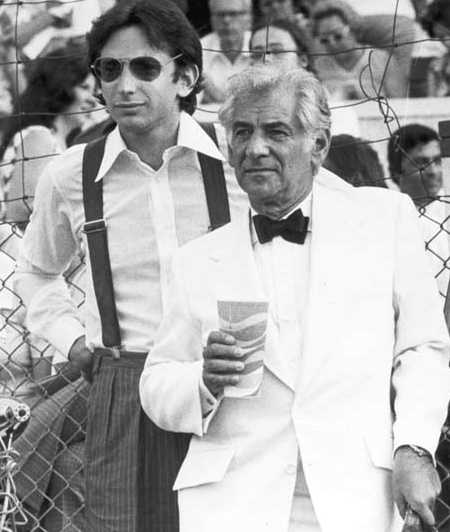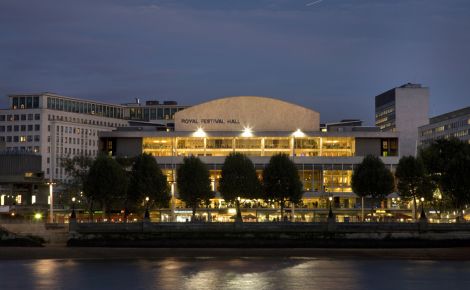10 inconvenient facts about Leonard Bernstein
main1 He was a Jew.
2 Committed to his faith. He attended Fifth Avenue Synagogue on Yom Kippur.
3 He was an avowed Zionist who spent several months in Israel during the 1948 War of Independence.
4 He celebrated Israel’s 1967 victory with a performance of Mahler’s Resurrection Symphony on Mount Scopus.
5 He never criticised the Israeli government’s treatment of Palestinians.
6 He was gay.
7 He married and had children.
8 As music director of the New York Philharmonic he did nothing to promote diversity.
9 He was a Democrat.
10 He was the best advocate for music ever seen on television.

If any of these attitudes and contradictions conflict with your strongly-held prejudices, you may have a problem.





Comments